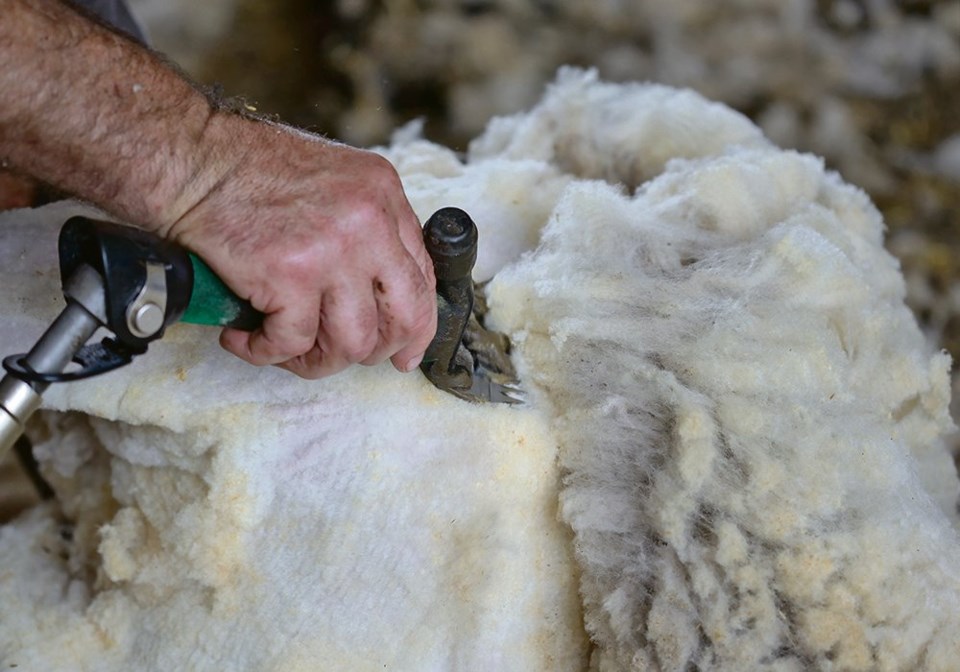WESTERN PRODUCER — The federal government has announced funds to help promote the domestic wool industry diversify.
In a recent news release announcing $150,000 in funding to the Canadian Wool Council, federal Agriculture Minister Marie-Claude Bibeau said the move will help producers promote the fabric as a sustainably produced product for commercial uses.
“The demand for natural and environmentally friendly products continues to grow,” said Bibeau in a statement. “By promoting the benefits of locally made, sustainable and biodegradable wool products, this initiative will help the Canadian wool industry tap into markets both domestically and around the world.”
The move is welcomed by the country’s largest producer group, Ontario Sheep Farmers.
General manager Jenn MacTavish said Canadian shepherds are looking to expand domestic value-added products including shoe liners, carpets and garden mulch.
“From our perspective what we want to be doing is supporting projects and work that will draw attention to the diversity of wool and what Canadian wool can be used for and help our farmers build a market for that,” said MacTavish.
Despite domestic sheep production accounting for just 40 percent of Canadian demand for meat products and the current push to diversify the wool side, MacTavish said there are challenges in growing the industry.
Specifically, more hoofs on the ground.
“Regardless of the province, we need more sheep,” she said.
The 24-hour-a-day, seven day a week lifestyle required to care for livestock can also be a barrier in attracting new farmers to the sector, which has seen a historic dip over the decades.
Financing a new sheep-based enterprise to rebuild the industry can also be a barrier.
“We talk to a lot of young farmers about what is standing in their way and a lot of it is access to capital,” said MacTavish. “In some cases, it’s finding breeding stock for the type of sheep that you want to raise.”
With the number of sheep farmers declining over the decades, finding mentors has also proven difficult, she added.
For those in Western Canada, she noted, “sheep cleared the West,” and the rough terrain and native pastures were ideal for the animal.
Despite the challenges, MacTavish said in addition to the work to diversify the wool side, and to boost demand on the meat side, there is a growing market for sheep dairy and use of the animal for weed control on solar projects.
“Not only do sheep provide diverse products but there are so many different ways we can farm them and you don’t necessarily need a lot of your own land,” she said. “We’re finding a lot of opportunities in what we call vegetative abatement services to wineries and orchards.”
There is also more research going into how sheep can also clear forest litter to reduce risks of forest fires, she added.
The demand for sheep products can provide a living for families, pay for schooling and support a retirement plan, she said. In many cases, that can be done by meeting a local demand for the meat and wool products.
“Not only are sheep pretty cool but you can do really cool things with them and build a career,” said MacTavish.
She said the industry hopes to rebuild the processing infrastructure, especially with wool.
More research on animal genetics, medications and nutrition is also needed.
“I don’t think it should just be on the shoulders of government or industry, it needs to be a team approach,” said MacTavish.




